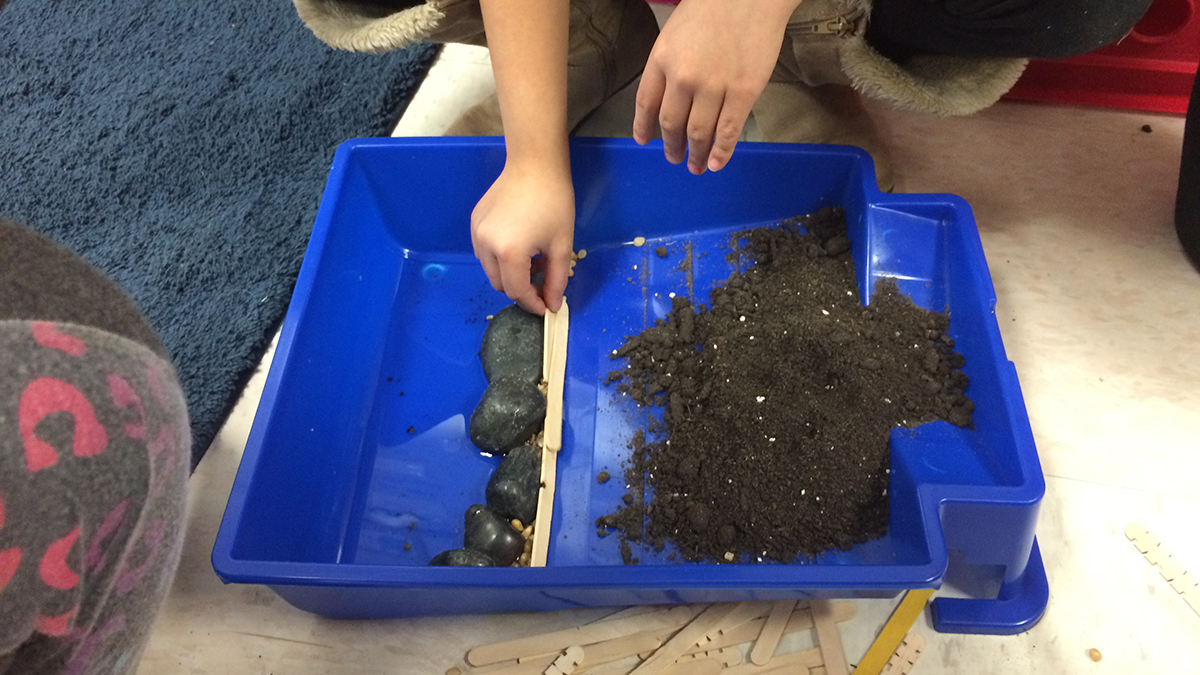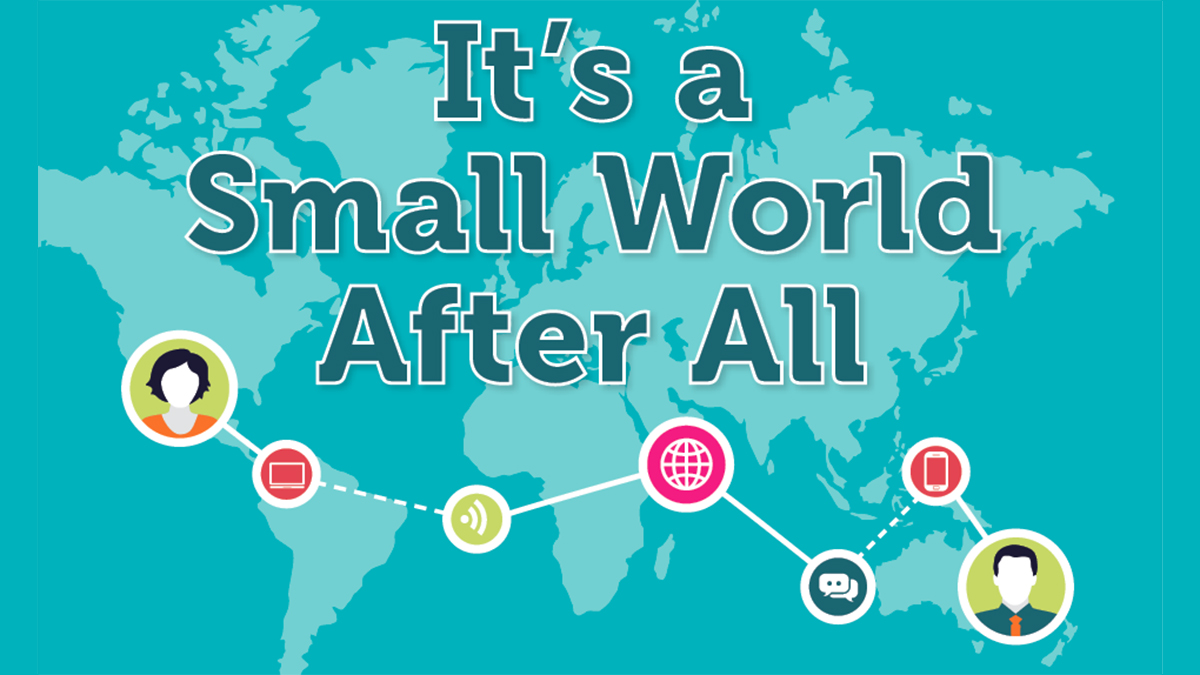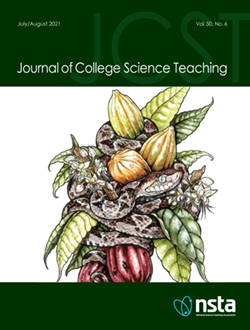From the Field: Events and Opportunities, June 29, 2021
By Debra Shapiro

feature
Exploring the STEM Landscape
Integrating the natures of STEM into elementary Earth science
Science and Children—July/August 2021 (Volume 58, Issue 6)
By Jesse Wilcox, Jerrid Kruse, and Scott Decker

feature
It's a Small World After All
Using STEM to connect elementary students locally and globally
Teaching through trade books
Pushing, Pulling, and Predicting Force Patterns
Science and Children—July/August 2021 (Volume 58, Issue 6)
By Christine Anne Royce
The Early Years
Global Connections
Science and Children—July/August 2021 (Volume 58, Issue 6)
By Peggy Ashbrook
The Poetry of Science
Global Poetry Connections
Science and Children—July/August 2021 (Volume 58, Issue 6)
By Sylvia Vardell and Janet Wong
guest editorial
Science Teaching Goes Global with State Department Support
Science and Children—July/August 2021 (Volume 58, Issue 6)
By Betsy Devlin-Foltz and Maxine Pitter Lunn
Editor's Note
Global Connections
Science and Children—July/August 2021 (Volume 58, Issue 6)
By Elizabeth Barrett-Zahn
scope on the skies
Visual Literacy—the 3Rs or STEAM?
Science Scope—July/August 2021 (Volume 44, Issue 6)
By Bob Riddle




